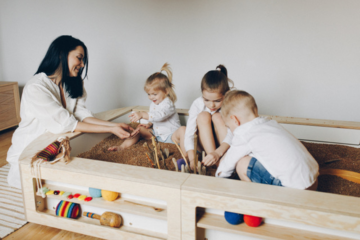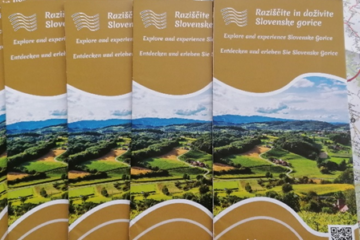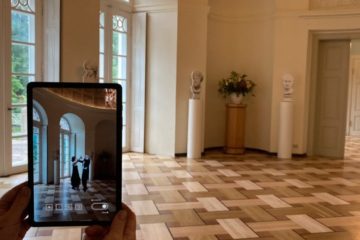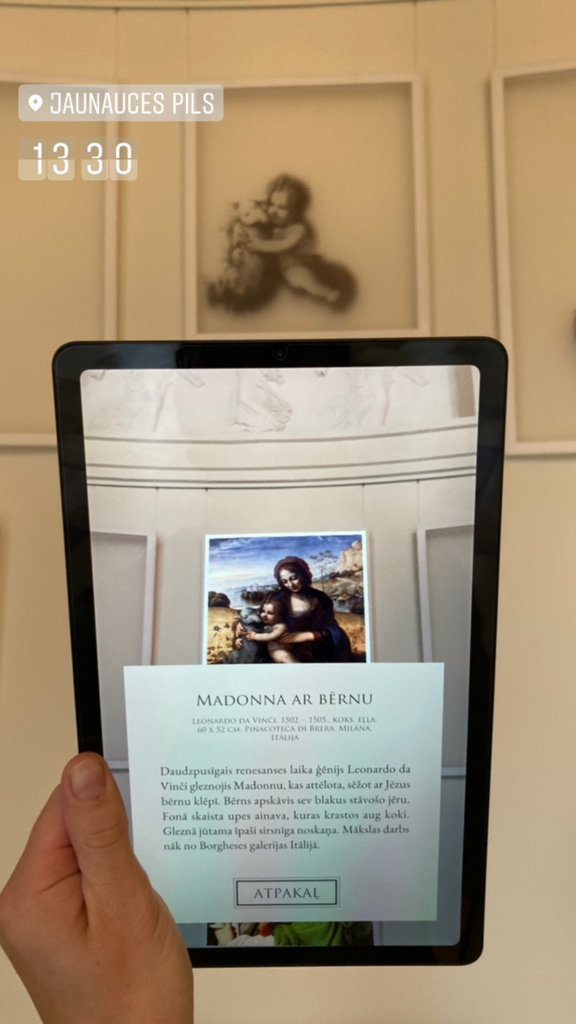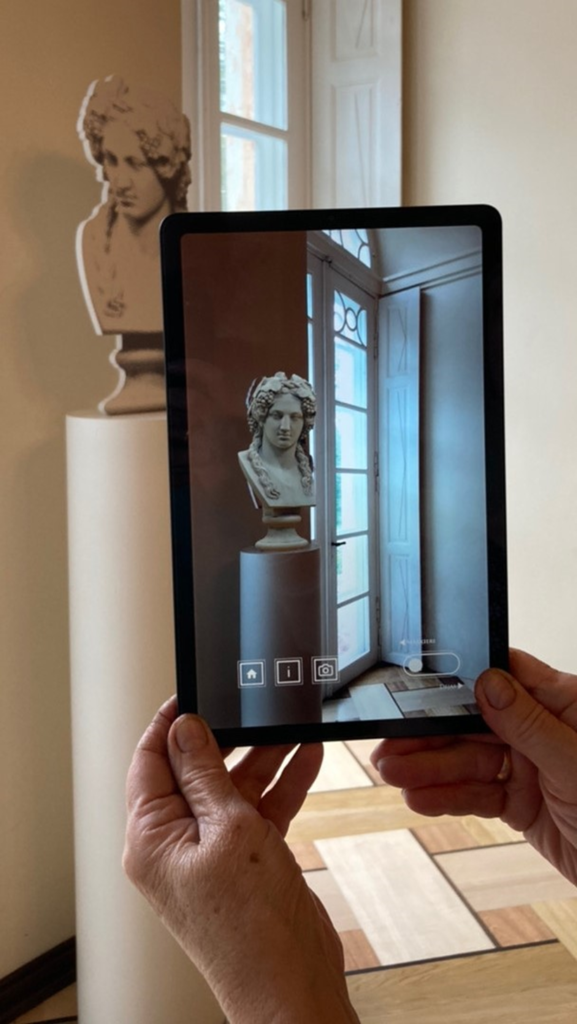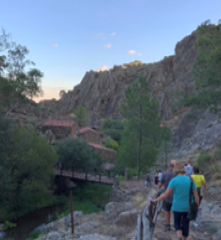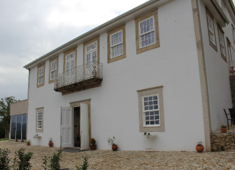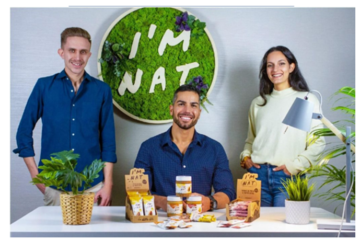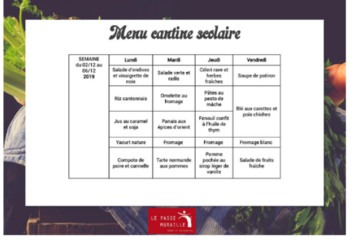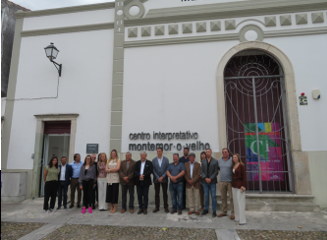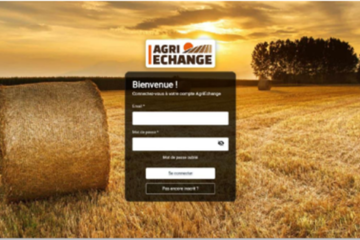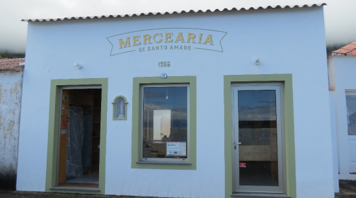Latvia
Introduction
Within the project “Acquisition of fixed assets for the start-up of Ltd. BeATUS” a new social enterprise has been established, and a new service has been developed for families with children. The project has created a comprehensive developmental program with the aim of enhancing the quality of life for local residents. The innovative approach uses ‘warm grain boxes’ to reduce prolonged stress, improve health, interpersonal relationships, and learning abilities for children or adolescents aged 1.5-16 years. Additionally, family consultations are provided. Parent surveys indicate that following these activities, there are improvements in children’s sleep, language skills, adaptability, and emotional recognition, as well as reductions in aggression and muscle tension. Over the course of two years, the enterprise has provided services to more than 60 families and has implemented training for new specialists. Furthermore, additional warm grain boxes have been prepared to expand service availability. The enterprise’s development plans include extending the range of services by organizing outdoor activities, family gatherings, dances, and other events to cultivate an emotionally secure and healthy environment within Ķekava municipality.”
Presentation of the project
The project was implemented in the territory of the association “Partnerība Daugavkrasts” and its independent place of operation is Ķekava, but it is also possible to provide out-of-town services throughout the territory of Ķekava county.
The implementer of the project and the founder of the company is a social worker whose daily work was previously related to the prevention of behavioral problems in schools and children. She was burnt out in this work and was looking for new opportunities and methods for working with children, as the methods used so far did not give sufficient results in her view. She also wanted to work close to where she lived, rather than looking for a job somewhere else. Its needs coincided with opportunities, and with the support of LEADER, the social enterprise BeATUS (brand Laimes bola, https://www.facebook.com/Laimesbloda) was created by purchasing the initial equipment.
The goal of the project was the creation of a new company that will offer families with children an innovative method for children’s development and behavior correction, i.e. lessons in warm natural materials (grain) boxes. The project developed prototypes for the boxes and produced two stationary and two mobile heated grain boxes, as well as other equipment for providing lessons. Thanks to mobile grain boxes, it is possible to provide the service not only on a stationary basis, but also as out-of-town lessons.
At the moment, it is safe to say that this project has been a success story, and the company’s operations have developed faster than planned. On a daily basis, services are provided to families with children, leading children’s classes in warm cereal boxes, and providing advice to parents on the improvement and development of children’s behavior and emotional state. The demand for such classes in the territory of LAG is very high, at least twice as much as originally planned, and three trained specialists are already working in the company, including the entrepreneur himself. At the same time, the method of classes in warm grain boxes is also introduced elsewhere in Latvia, both by producing and selling the boxes, and by training specialists. Currently, such specialists work in at least 10 locations in Latvia.
The further development of the company’s activities is related to offering lessons in nature for children and families “Let’s go outside” in order to teach children to know natural processes at any time of the year, as well as to stay and survive in nature. A special place with various elements promoting the child’s development has also been created for offering developmental lessons outside. Another LEADER project has been implemented for the purchase of equipment for the above-mentioned classes.
On the other hand, the next step of the company’s development is related to the introduction of warm grain bowl classes for seniors, in order to help this age group with solving problems caused by the consequences of various diseases and stabilizing their emotional state. It is planned to develop small heated wooden bowls on a stand, in which seniors could work with their hands.
Partnership Daugavkrasts has supported SIA BeATUS with LEADER financing in two projects, the total amount of EUR 26,147 (warm cereal boxes and “Let’s go out”). During the time when the company was formed, LAG implemented the LEADER cooperation project on social entrepreneurship, providing those interested with understanding of social entrepreneurship, idea development and mentoring, as well as networking. The owner of BeATUS became involved in the activities of the cooperation project, as a result of which she understood the importance of social entrepreneurship, and SIA BeATUS is currently one of the four social enterprises in the LAG territory. Also, LAG has promoted mutual cooperation between local companies by introducing entrepreneurs, because BeATUS hot cereal boxes are produced by a company from the partnership territory, which is engaged in the production of wooden products, SIA “BCB – Eko”. On the other hand, in cooperation with other family support service providers, e.g. pep mothers, lessons with horses, families are offered complex services, including within the framework of various events and projects, also in cooperation with LAG.
Emblematic character of the project
One of the business priorities in the Daugavkrast Partnership strategy is the support of new companies that implement innovative methods in their operations. The second priority is the development of social services in the territory of the LAG.
Therefore, the interests and needs of the host and the LAG coincided, because in the Ķekava district, until the implementation of this project, classes for promoting children’s development and correcting behavior in boxes of warm natural materials (grains) were not available for families with children. With the creation of the company and the development of its activities in the territory of the partnership, three aspects have been improved: the offer of social services has been expanded with innovative features and the needs of families have been addressed, a new social company has been established, and mutual cooperation between different social service providers has been promoted by offering complex classes.
In fact, it can be said that the result of the project – lessons in warm cereal boxes is an innovation on the scale of the whole of Latvia, because until the implementation of the project, some companies offered families children’s behavior-correcting lessons in the sand.
At the moment, more than 10 locations in Latvia have BeATUS-trained specialists working in the warm grain boxes manufactured and sold by the company. The results of the project have also been distributed in the areas of operation of other LAGs, for example in Balvu district, Madona, Sigulda, etc. places. In addition, there is regular training of specialists and improvement of methods for working with families.
Pictures


Association “Partnership Daugavkrasts”
Latvia
